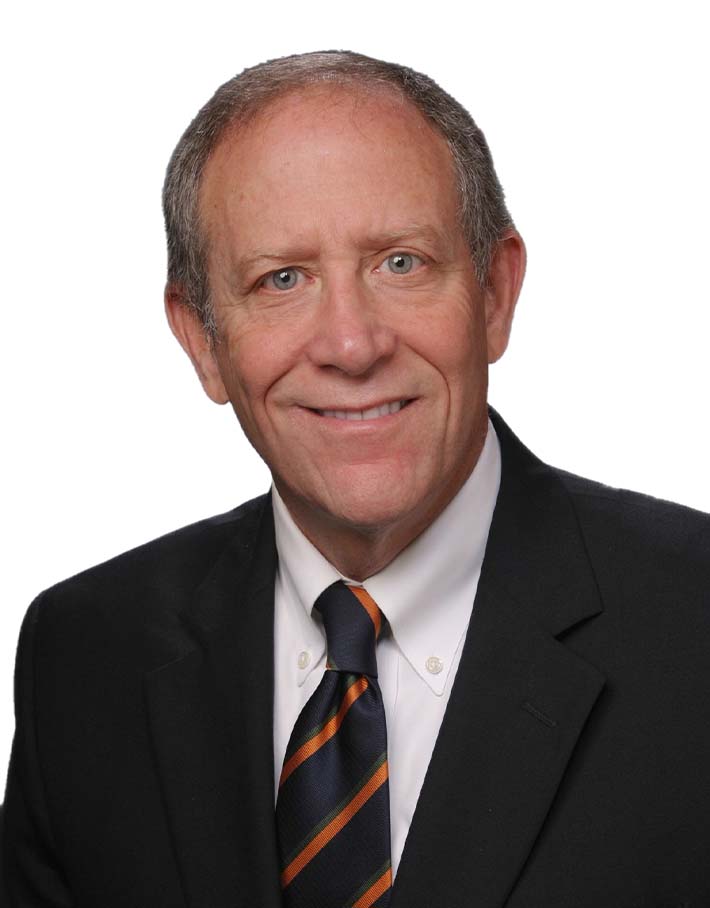Behind the Scenes: Life as a CCO (Part 2)
Subscribe to our original industry insights
Join us for Part 2 of our lookback at our popular series, CCO Behind the Scenes. Take advantage of the practical experiences shared by Jeffrey Hiller, a former CCO for global investment firms and SEC regulator. There are many things you just can’t learn from a book or from studying for an exam.
Transcript
Transcript provided by Temi transcript services
Libby Hall: Hi, and welcome to the Oyster Stew podcast. I’m Libby Hall, Communications Director at Oyster Consulting. Financial Services compliance continues to evolve, but there are many things you just can’t learn from a book or from studying for an exam. Join us for Part 2 of our look back at our popular series, ‘CCO – Behind the Scenes. Take advantage of the practical experiences shared by Jeffrey Hiller, a former CCO for global investment firms and SEC investigator.
Jeffery Hiller: I’m Jeffrey Hiller, and in this episode, I’d like to talk about “tone at the top” and the importance of embedding the CCO in the firm’s culture.
I’ve mentioned tone at the top in other podcasts, and I think it’s critically important to a successful compliance program. In fact, the former director of the SEC’s enforcement division, Andrew Ceresney stated in his speech that the SEC would ask the following questions: “Are compliance people included in important meetings? Are compliance views typically sought and followed? Does the CCO report to the CEO, and does the CCO have board access? Is the compliance department considered an important partner? Or is it considered an expense and overhead? And does the compliance department have sufficient resources?”
I always add whether the firm rewards good compliance and sanctions bad compliance is another important factor. I once had a trader call me and report he thought that he had received material nonpublic information from a broker, and that if he acted upon it, would benefit his clients. The security was blocked and a few weeks later the facts proved true. The CEO accepted the compliance recommendation and rewarded the trader with a bonus. That is “tone at the top”.
In many firms, I have observed that the compliance department has its own unit and because they have confidential information may be segregated from other departments. While this may meet privacy and security concerns, it’s not particularly helpful to compliance. Compliance needs to be visible and informed. I’ve always ensured that Compliance has a seat in the trading room and have someone there during market hours. You need to get to know them before there’s an issue so that when a matter rises, you’ve already built rapport and have credibility with them.
A now-defunct business magazine, MBA Jungle, used to reach out to businesspeople for lessons they learned in the course of their career. Each month they’d share comments from three or four businesspeople. In one issue, they asked Vivian Tam, a fashion designer and business founder, Brian Cashman, Senior VP and General Manager of the Yankees and me, at the time a Managing Director of CITI Group Asset Management.
Ms. Tam shared the Chinese notion of harmony that she practiced with her clients. She would intently listen to her clients and react to them in a nonthreatening, but informative way. Mr. Cashman shared that he responds to everyone, even if he doesn’t know them. You never know when you meet someone, how you may interact with them in the future, even if there’s no foreseeable benefit. He corresponded with someone over the years and this communication led to signing an unknown ballplayer, Orlando Hernandez, who helped the Yankees win three world series. I told a story of how I got a promotion.
A good manager doesn’t only want to hear the good news. Those in charge need the whole, honest picture, and they often reward those who provide it. My biggest career break came several years before my tenure at CitiGroup. The company I worked for at the time had been fined over a billion dollars in sales practice violations shortly before I was hired. The CEO called a meeting with his top 20 compliance people, and he asked them to rate the effectiveness of the Compliance department and their respective businesses. On a scale of 1 to 10, everyone said seven or eight. I said four. He asked me to explain. The huge fines we recently paid were evidence that we’re not where we need to be. My experience was that people want to comply, but the structure was not effective. I give the employees a seven or eight, but my department is a four, but going in the right direction.
Three weeks later, the company reorganized its many businesses into four companies. The CEO called my boss and said, “I want the person to lead Asset Management Compliance – that is the guy that gave us a four.” I got a major promotion. If you’re a Compliance Officer, there’s no escaping the fact that there will be compliance exceptions, some big and some small. You could see trade errors, personal trading violations, violation of various custody rules, or other matters, and you have to be prepared for that. A good Compliance Officer will scope the issue as quickly as possible and at the same time, look for the causes of the error and ways to fix it.
If there’s a large trade error, you should notify the business as soon as you know that it’s a true issue. You should also be prepared to explain the best way to fix or address the issue. And remember, not everyone will agree with you. I once encountered a large, six-figure trade error that occurred overseas. In some countries, such trade errors are considered the cost of doing business. At the particular firm I was with, the firm would deduct the cost of the trade error from the bonus pool of the unit causing the error. This in and of itself created a conflict. The best way to address this is to inform the CEO and let everyone have their say. Then present critical facts, explaining the regulatory and reputational risk of not addressing it in the appropriate way. This will be effective if the tone at the top of the
firm is open to listening to the facts and understanding the consequences.
The lessons here – rely on the facts, let others have their say, and calmly use the facts to lead the CEO or business head to the right direction. We paid for the overseas error, and shortly thereafter a regulatory exam proved that the firm took the proper course.
I’m asked from time to time what I think are the critical skills needed for a compliance officer. When I hire compliance people, I look for the following: first, curiosity. Did they pursue any unexplained issues – even if minor – inconsistent dates, numbers that seem slightly off? This may sound obvious, but it’s not. They can look for alternative solutions if the first idea doesn’t work. So you do want to have the curiosity, even if you find the answer. Next, I look for courage. Are they willing to deliver bad news directly and quickly? Will they take a position opposite of a group of others, such as traders? Third, I look for what I call “touch.” As an example, portfolio managers, traders are very busy and can be abrupt. Can you look past that to listen and find out what they need and then communicate what they need to know? Finally, I look at technical expertise and compliance. If the first three qualities are present, then I’m certain people can learn the substantive rules and regulations. I’m not sure you can teach the first three qualities, but I’m certain that most can learn the regulatory rules.
I hope you found these insights valuable. And thanks for listening. Don’t forget to follow the Oyster Stew podcast on whatever platform you use. If you have any questions or would like to request a consultation, call us at (804) 965-5400, or visit us on the web at www.oysterllc.com.



